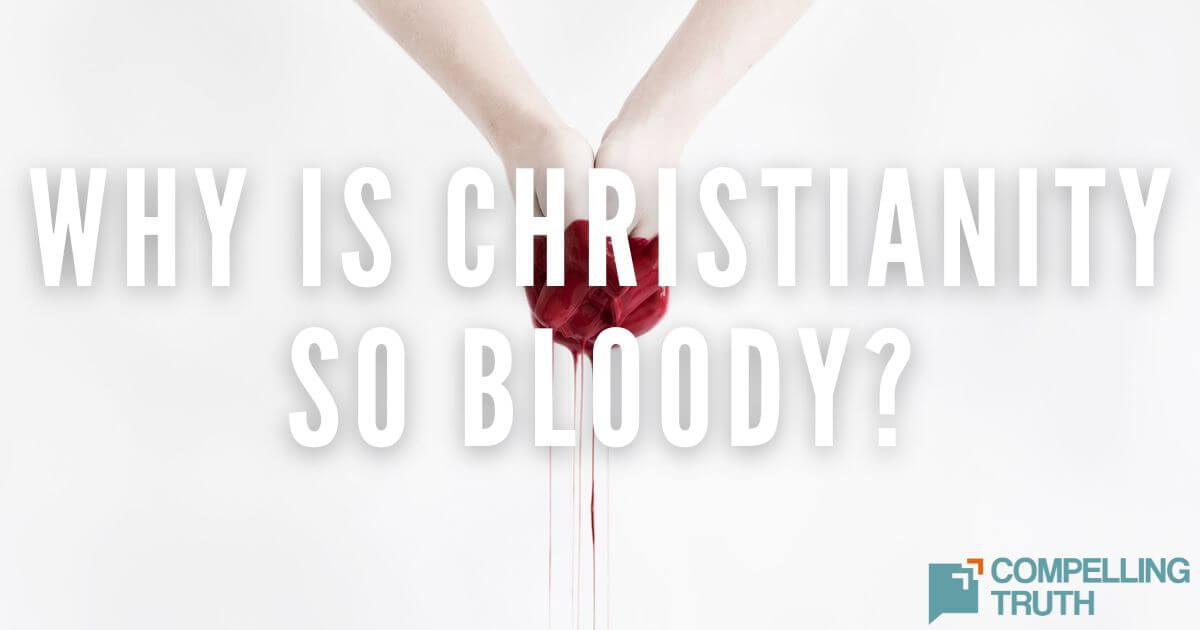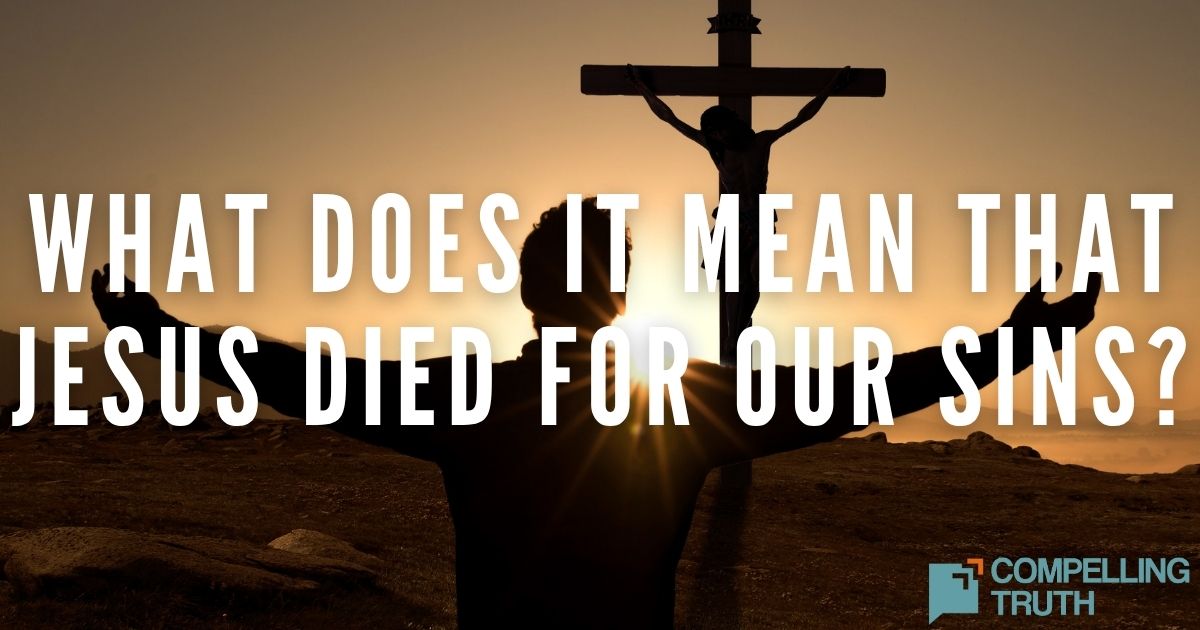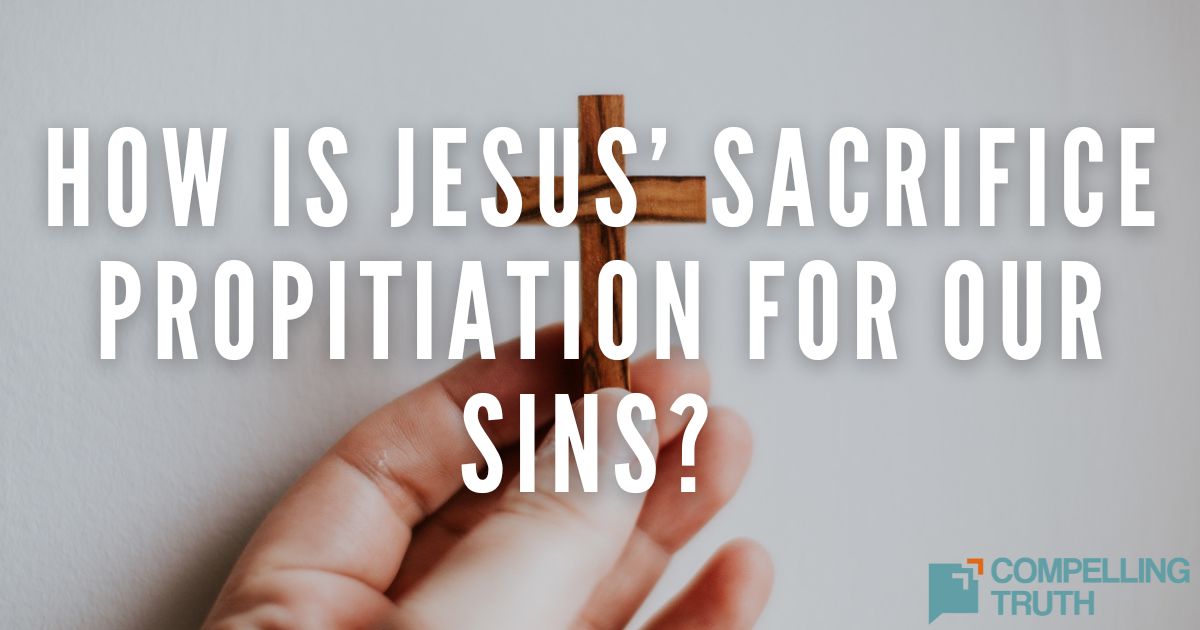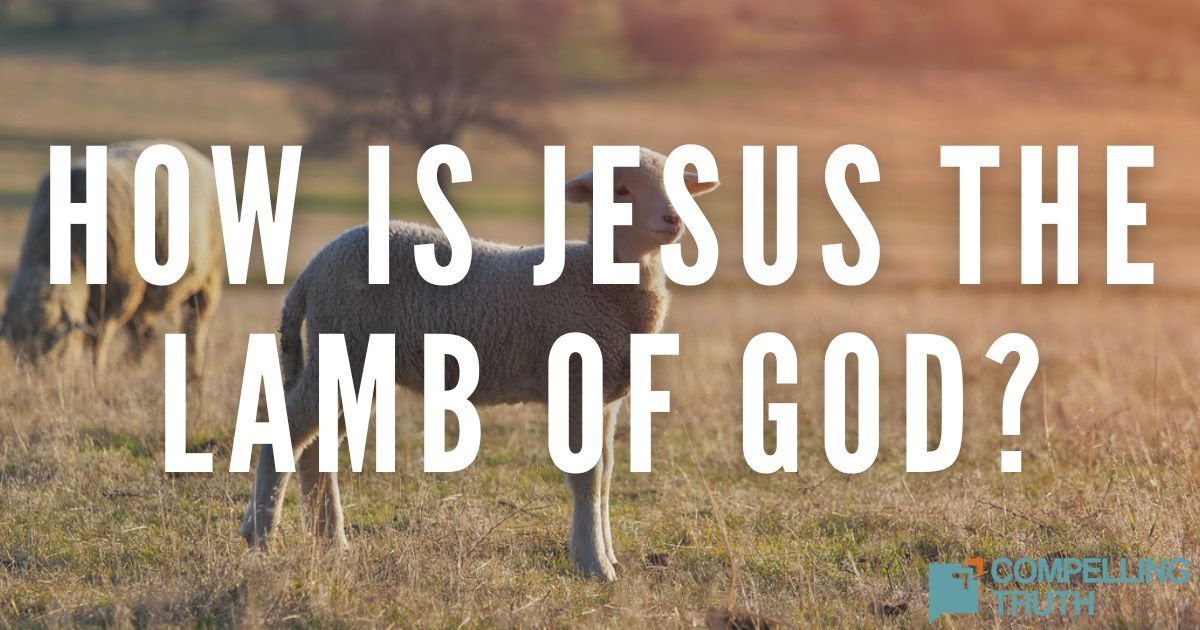The blood sacrifices of the Old Testament foreshadowed the coming of Jesus and His death on the cross. The shedding of blood symbolized life and death. God began this thread of atonement with Adam and Eve when He made them garments of skins and clothed them (Genesis 3:21). The blood sacrifice is also seen with the Passover in Exodus 12:21–30 and continued with the Law given to the Israelites. These practices highlighted the need for atonement due to sin and prefigured Christ’s ultimate sacrifice. Hebrews 9:12–14 and 10:1–10 emphasize that Jesus’s sacrifice was once-for-all, unlike the repeated blood offerings of the Old Testament. This transformation from external rituals to an internal, permanent solution emphasizes the grace available through Christ, allowing believers to live freely and confidently, without the burden of repeated self-atonement (2 Corinthians 5:21; Ephesians 2:8–9).
The blood sacrifices of the Old Testament foreshadowed the coming of Jesus and His death on the cross. The blood of Jesus was poured out as a sacrifice for the sins of humanity, fulfilling the Old Testament law and establishing a new covenant for those who believe in His name. Hebrews 9:12–14 emphasizes the once-for-all nature of Christ's sacrifice: "He entered once for all into the holy places, not by means of the blood of goats and calves but by means of his own blood, thus securing an eternal redemption" (Hebrews 9:12). This one-time sacrifice brought complete atonement, unlike the repeated sacrifices of the Old Testament (Hebrews 10:1–10).
Those who have placed their trust in Christ’s death and resurrection for the forgiveness of sins do not need to offer repeated sacrifices—either by animal sacrifices or by constantly asking to be saved—for their sins; instead, they can rely on the complete atonement provided by Jesus. This shift from a temporary and external ritual to an internal, permanent solution reveals the depth of grace offered through Christ. It means that we can live confidently, without the burden of guilt and shame, knowing that we are fully forgiven and free in Him (2 Corinthians 5:21). This transformation calls us to live holy lives (Exodus 19:6; 1 Peter 1:15–17), empowered by the Holy Spirit (Romans 8:11), grateful for the price He paid for our sins. We can experience true freedom in Christ, free from the need for continual self-atonement, and live with the assurance that God's forgiveness is complete and final (Ephesians 2:8–9).




